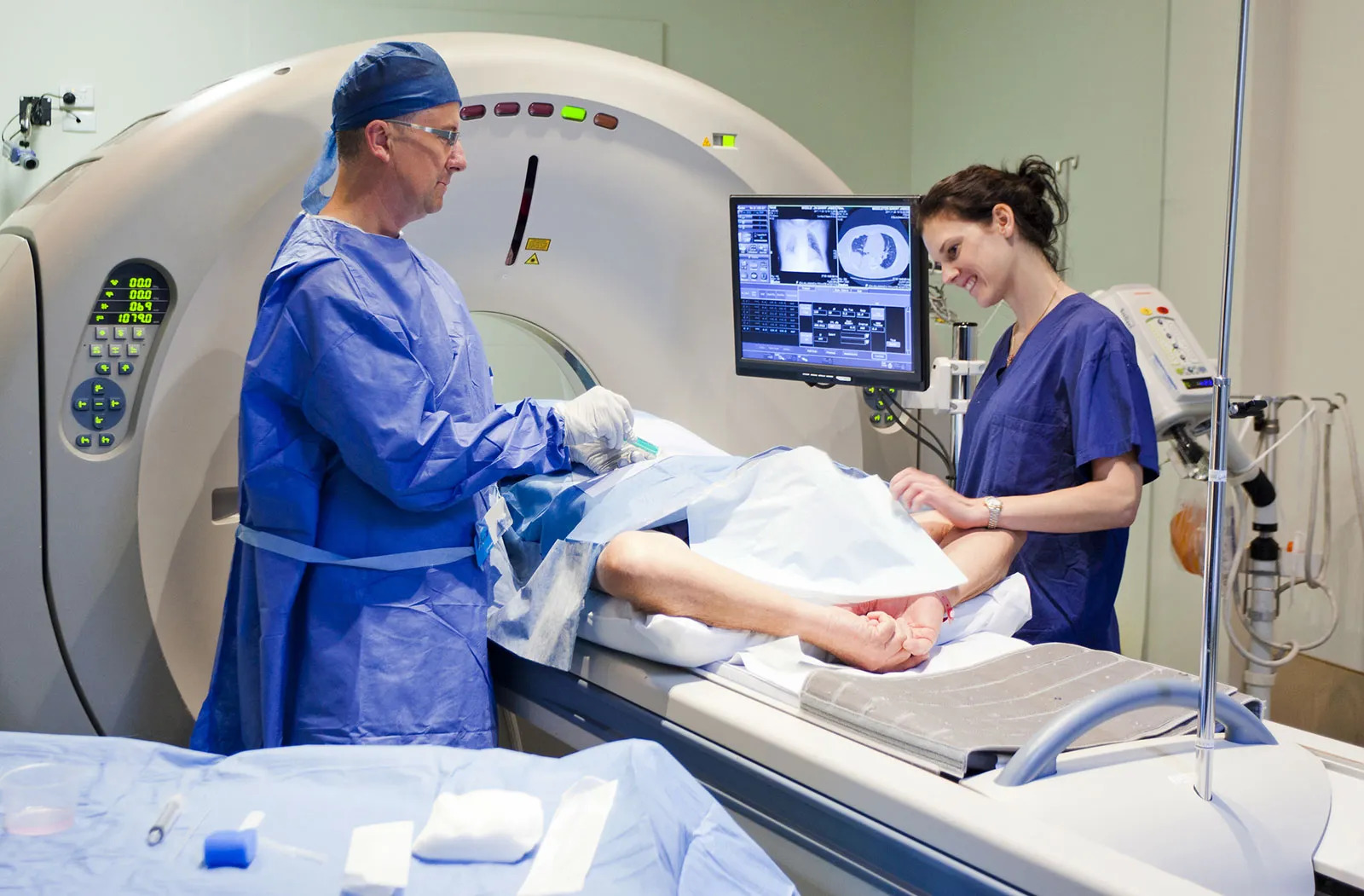Discuss the Evolution of the Nursing Profession
The evolution of the nursing profession can be traced back to the days of Florence Nightingale. Thus, the nursing profession has a rich history that has evolved significantly over the years. From its early beginnings as a primarily female-dominated occupation focused on caring for the sick and the wounded, to its current status as a respected and diverse field with a wide range of specialties and roles, the evolution of nursing has been a long and complex journey. This paper will discuss the evolution of the nursing profession, key historical events and societal changes that have shaped the nursing profession into what it is today.
Origins of Nursing profession:
The origins of nursing can be traced back to ancient times, where the role of caring for the sick and the wounded was often fulfilled by female family members or members of the community. This role was often seen as a natural extension of the traditional duties of women as caretakers and nurturers. It was not until the 19th century that nursing began to emerge as a distinct profession, largely due to the work of Florence Nightingale.
Florence Nightingale, who is often referred to as the founder of modern nursing, revolutionized the profession by establishing formal training programs and implementing sanitary practices in hospitals. Her work during the Crimean War brought attention to the importance of proper training and education for nurses, as well as the need for organized and hygienic hospital practices.
Early 20th Century nursing profession:
The early 20th century saw significant developments in nursing education and practice. In 1900, the first formal training program for nurses in the United States was established at the Bellevue Hospital School of Nursing in New York City. This marked the beginning of the professionalization of nursing, as nurses were required to meet specific educational standards to enter the field.
The 20th century also saw the emergence of nursing as a profession that encompassed a wide variety of roles and specialties. During World War I, nurses played a critical role in providing care to soldiers on the front lines. This experience led to the recognition of nursing as a vital part of the healthcare team and helped to further elevate the profession.
Mid-to-Late 20th Century nursing profession:
The mid-to-late 20th century brought significant changes to the nursing profession. The establishment of Medicare and Medicaid in 1965 provided more people with access to healthcare, increasing the demand for nurses. This led to a higher demand for nursing education programs, as well as an increase in the number of nurses entering the workforce.
The 1970s also saw the rise of specialty nursing, with the development of advanced practice roles such as nurse practitioners and nurse anesthetists. This allowed nurses to have a more significant role in patient care and decision-making, further professionalizing and expanding the scope of the nursing profession.
21st Century nursing profession:
The 21st century has seen significant changes in the nursing profession, driven by advances in technology and changes in healthcare delivery. Electronic Health Records (EHRs) have become standard in most healthcare settings, allowing for more efficient and accurate documentation and communication among healthcare providers. This has allowed nurses to spend more time with patients and their families, improving the quality of care.
The increasing diversity in the nursing workforce is another significant development in the 21st century. While nursing has traditionally been a female-dominated profession, there has been a steady increase in the number of male nurses, as well as nurses from diverse racial and ethnic backgrounds. This has led to a more culturally competent and inclusive nursing workforce.
The Future of Nursing profession:
As the healthcare landscape continues to evolve, so will the nursing profession. The aging population, changes in healthcare policy, and growing chronic disease burden will continue to impact the demand for nurses. This will create opportunities for nurses to take on new roles and responsibilities, such as care coordinators and wellness coaches.
The advancement of technology will also greatly impact the nursing profession. Telehealth and other technological advancements will allow nurses to provide care to patients in remote or underserved areas, expanding access to healthcare. Additionally, the use of artificial intelligence and robotics in healthcare may change the way nurses provide care, allowing them to focus more on complex tasks and critical thinking.
Conclusion:
Based on the paper, the evolution of the nursing profession has been momentous.. The nursing profession has come a long way from its humble beginnings as a role primarily fulfilled by women in the community. Through the efforts of pioneers like Florence Nightingale and advancements in healthcare and technology, nursing has evolved into a highly-respected and diverse profession that plays a critical role in healthcare. As society and healthcare continue to change, the nursing profession will undoubtedly continue to evolve to meet the needs of patients and the healthcare system.








